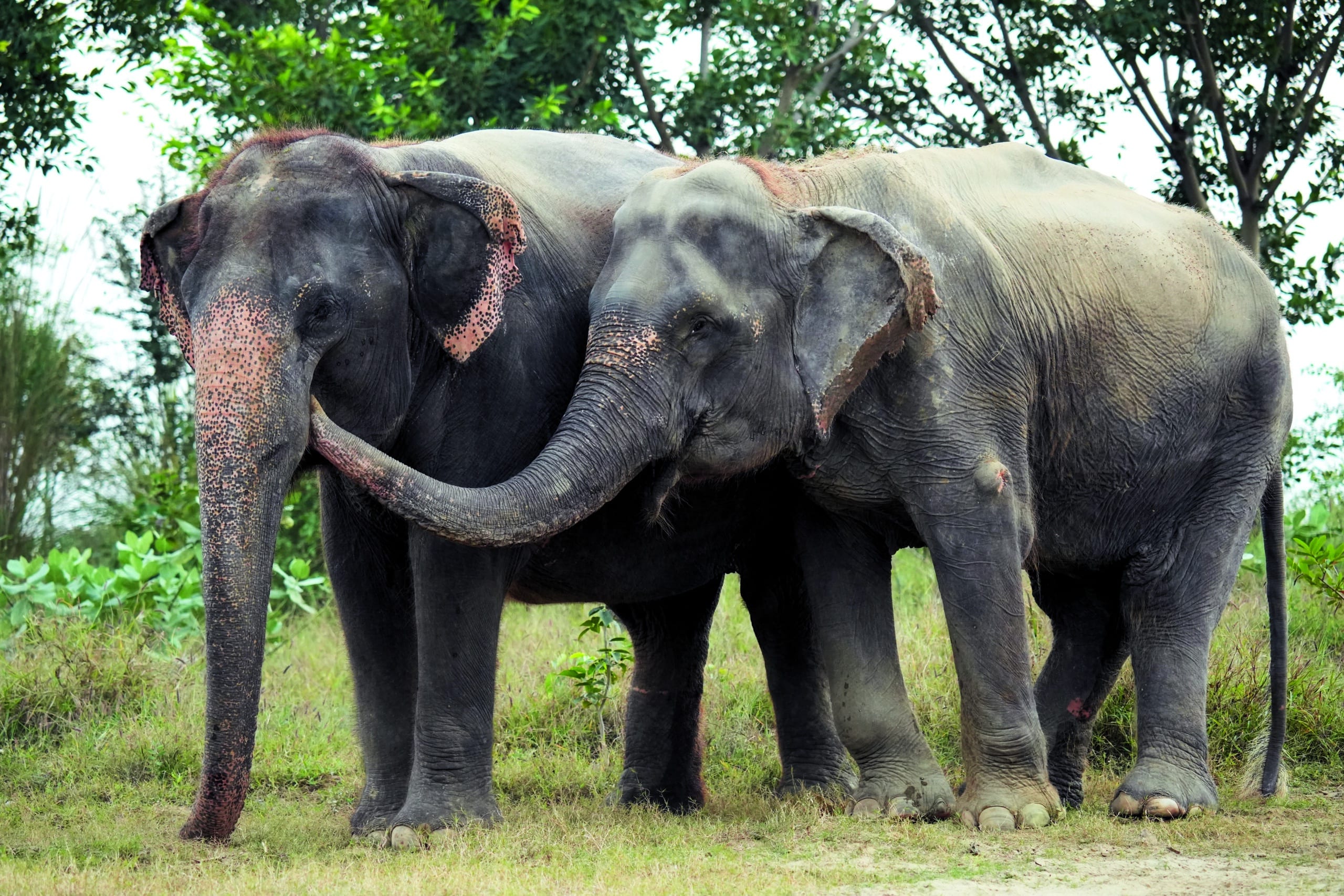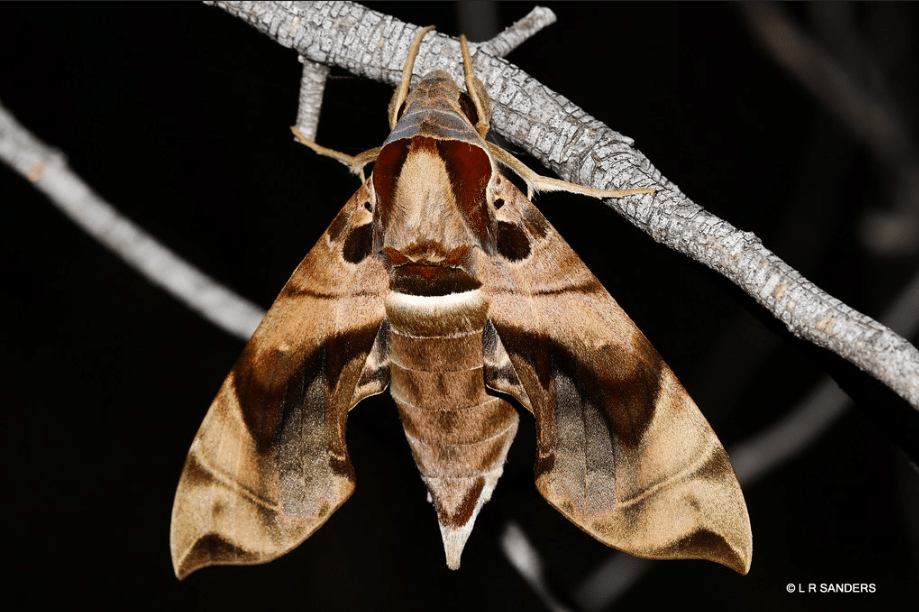You might remember Kalpana—I am happy to report that this year she celebrates her fifth rescue anniversary at Wildlife SOS. Formerly exploited and abused as a ‘begging’ elephant in Uttar Pradesh, Kalpana was rescued in 2019 and brought to the Wildlife SOS Elephant Hospital Campus (EHC) in Mathura for comprehensive...
“There is no future in this dog meat industry,” says farmer Kim
Seoul, South Korea (6 May 2020) – More than 70 dogs found languishing on a South Korean dog meat farm by animal charity Humane Society International have been given a second chance by the farmer’s decision to quit the dog meat industry once and for all. Mr Nakseon Kim has been breeding dogs for nearly 40 years, but he jumped at the chance to leave dog farming behind when HSI offered to help him start a new life growing cabbages and other vegetables instead.
Amid growing South Korean opposition to eating dogs, and a series of new regulations and court rulings cracking down on the industry, farmers like Mr Kim are increasingly looking for an exit strategy but with one request – to save their dogs. After years of sending the animals to slaughter, Mr Kim is not the first farmer to be relieved to learn that HSI rescues, rehabilitates and seeks happy homes for all the dogs.
“It may sound odd but I started dog farming because I like dogs,” said Mr Kim, “I’ve never actually been a big fan of dog meat myself. I had a few dogs so I began breeding them and when I had 20 or 30 I started to sell them because I thought it would be good money but it hasn’t really worked out that way. I earn nothing from this dog farm, and pressure from the government is increasing and it’s not a good business at all.”
On his property in Hongseong, Mr Kim breeds tosas, Jindos, poodles, beagles, huskies, golden retrievers, Pomeranians, Chihuahuas and Boston terriers for two abusive industries – the meat trade and the puppy mill trade. In rows of dilapidated cages, surrounded by animal waste, junk and garbage, some dogs are destined for the slaughterhouse, and others the unscrupulous puppy mill trade. Despite Korea’s dog meat industry attempting to claim a difference between pet dogs and “meat dogs”, the reality is they are all just dogs whose fate ultimately depends on where greatest profits can be made.
Nara Kim, HSI/Korea’s dog meat campaigner, said: “Unfortunately, it is still very common in South Korea to see live puppies for sale in pet shop windows. But what most Koreans will be shocked to learn is that these same puppies could easily have ended up being killed for human consumption instead. Whether they live or die, they are all born in this miserable place, their mothers intensively bred over and over until they are exhausted and eventually sold to slaughterhouses. I’m so glad that this nightmare has ended for these lovely dogs, but until the government commits to phase out this dreadful industry, the nightmare continues for millions more. As Koreans we need to be their voice and call for an end to the dog farming and dog meat industries.”
Marking the 16th dog farm that HSI has closed since its farmer transition program began in 2015, all the dogs will eventually be flown to partner shelters in Canada and the United States to seek adoptive homes. First, they are being relocated to a temporary boarding facility in South Korea while the organization waits for COVID-19 travel restrictions to relax. Once safely off the farm, the dogs will immediately receive a full veterinary check-up and settle into their temporary quarters where they can begin their rehabilitation.
HSI hopes its model for change will hasten an end to the controversial and cruel industry by demonstrating to the Korean government that a farmer-supported phase out of farms can work.
Mr Kim said: “It’s too much work and I’ve got too old to be doing this for no profit. I just want to get some rest from all of this now. I’ve had enough, especially now that I have to pay for dog food since the local school decided to stop giving me free kitchen waste. I don’t think there are many people in South Korea who are willing to run dog meat farms anymore. There is no future in this dog meat industry. Once HSI helps me close my dog farm, I think I will start to grow crops instead like lettuce, cabbage, or other greens to sell to restaurants. That’s a business with a future.”
Dog meat consumption has been steadily declining in South Korea, and is banned or severely restricted in Hong Kong, Taiwan, Thailand, Singapore and the Philippines. In 2018 both Indonesia and Vietnam’s capital city Hanoi pledged an end to the dog meat trade, and most recently in April 2020 the Chinese cities of Shenzhen and Zhuhai banned dog and cat meat consumption following a public statement by the Chinese government that dogs are considered companions and not livestock. As global pressure builds for countries across Asia to permanently close wildlife wet markets amid coronavirus risks, the array of undeniable human health risks posed by the dog meat trade in South Korea and across Asia, is strengthening calls for action across the continent.
Georgie Dolphin, Program Manager for Animal Welfare at HSI Australia, said: “In South Korea there is a widely-held misconception that there are two types of dogs, ‘meat’ dogs bred for food and ‘pet’ dogs raised for companionship. HSI has led public awareness campaigns to dispel this misconception as well as continuing to work with dog farmers to close their farms and help them transition to alternative humane industries. The tide of public and political opinion is gradually turning and we hope that in time we will see an end to South Korea’s dog meat trade through the Government adopting the HSI project model and introducing a ban to phase out this dying industry forever.”
Facts:
- Up to 2 million dogs a year are bred and raised on thousands of dog meat farms across South Korea.
- Dog meat consumption is declining in South Korea, particularly among younger generations, and most Koreans don’t eat it regularly. A June 2018 survey by Gallup Korea showed that 70% of South Koreans say they will not eat dog meat in future. Still, dog meat remains popular during the Bok days of summer in July and August based on its perceived curative properties during the hot and humid summer months.
- There has been a series of recent crackdowns by authorities to curb the dog meat industry. In November 2018, HSI/Korea assisted Seongnam City Council in shutting down Taepyeong dog slaughterhouse (the country’s largest dog slaughterhouse), followed in July 2019 by the closure of Gupo dog meat market in Busan (South Korea’s second largest dog meat market after Moran market, which has also closed), and a declaration in October last year by the mayor of Seoul that the city is “dog slaughter free”. Most recently, last November HSI’s partner group Korea Animal Rights Advocates (KARA) won a Supreme Court case against a dog farmer who electrocuted dogs in violation of the Animal Protection Act, a judgement that could have huge implications for an industry that relies almost entirely on this brutal and protracted killing method.
- HSI has rescued more than 2,000 dogs from South Korea’s meat industry. At each dog meat farm closure, HSI has a veterinarian test for the presence of the H3N2 virus (“canine influenza”), at the time the dogs receive their rabies, DHPP and coronavirus vaccines. HSI also vaccinates the dogs for distemper and parvo. HSI then quarantines the dogs on the farm or at a shelter for at least 30 days, and the dogs are health certified again prior to transport overseas.
Download broll video and photos of the rescue here


